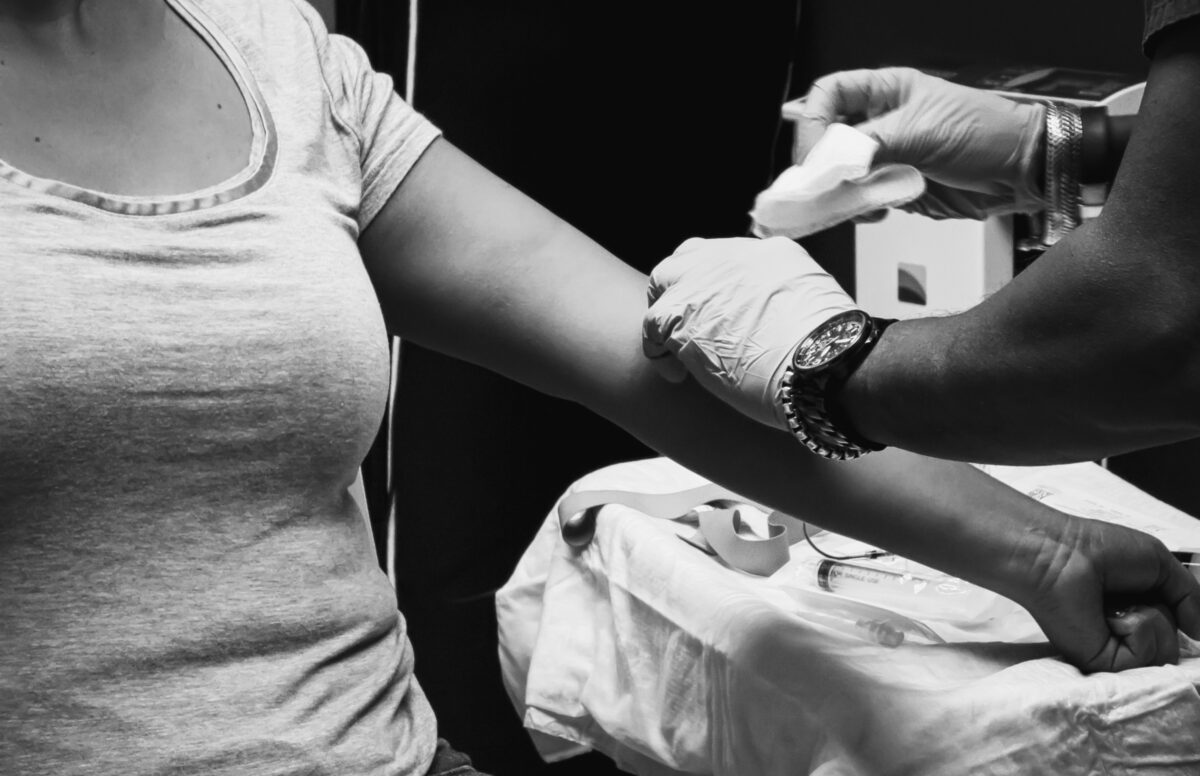Professor Deborah Saltman
thethinker.co
An Honorary Professor at Imperial College, London and the Universities of Sydney and Technology, Sydney, Deborah Saltman’s advanced capacity for strategic problem solving is underpinned by extensive experience in corporate and government enterprise, medical and health research and senior academic management.
She has published 10 books, 27 book chapters and more than 100 articles in peer reviewed scientific and medical journals. A clinical physician, Deborah also holds a doctorate in health outcomes.
In 2004 Deborah was awarded the Order of Australia (AM) for services to women’s health and medical education.
The COVID context is changing rapidly with the virus mutating and vaccination programs being rolled out globally. The original evidence on vaccine trials still stands. Here is a summary of what we know to date, which is supported by research evidence and not baseless assertion nor media factoid. As always, the primary references are available – for the sake of easy reading of the table, please refer to my previous posts on COVID 19 to locate the direct links.
Get the vaccine if you can
A note about the table terminology. “Conclusive evidence” means that the majority of reputable publications support this assertion. “Hung jury” acknowledges that there are differing research findings in the reputable literature and that a clear consensus has yet to emerge. “Not enough evidence” highlights areas where there is a paucity of research and most assertions are anecdotal.
| Topic | Conclusive Evidence | Hung Jury | Not enough evidence |
| Newer COVID strains are more infectious | Yes. The newer strains spread more rapidly | ||
| Newer COVID strains are more fatal | Unknown | There is not enough evidence to say whether the newer strains are more likely to cause serious illness or fatalities | |
| All approved vaccines provide protection against COVID transmission | No | There is some evidence that the Janssen vaccine prevents transmission. None of the other vaccines have released this type of data | |
| All approved vaccines have been shown to decrease the severity of a COVID infection | Yes | There is not enough evidence to say whether the relative rates of infection after vaccination make any difference to long term outcomes such as morbidity or reinfection | |
| All the vaccines are the same | No. Some are based on parts of the COVID proteins, others on similar viruses, others on immune stimulatory mechanisms. However, they are all developed to work to stimulate our immune systems to be better prepared against the effects of COVID | ||
| Some vaccines are likely to result in allergic reactions | Yes. There is data that some recipients of the Pfizer vaccine have had allergic reactions | None of the other vaccines have released this type of data | |
| Some vaccines work better than others to prevent infection | Unknown | None of the vaccines have released reliable data that is comparable. | |
| Some vaccines work better than others to limit the course of a COVID illness | Unknown | Most of the research on effectiveness has focussed on how good a given vaccine is at helping us mount our own immune response, or minimise the course of the initial infection or minimize the likelihood for progression from mild to serious or life-threatening disease effectiveness | |
| Vaccines all require two doses to work | No. The most widely approved vaccines in the Western medicine world – Pfizer, Modern and Astra-Zeneca were trialled with two doses separated by weeks. The Janssen vaccine and some of the Russian and Chinese vaccines have been trialled with one dose only | There is emerging evidence that one dose of any vaccine may be enough. This may allow more people to be vaccinated if there are limited supplies |
In conclusion, all the available vaccines at least reduce the severity of COVID symptoms if one is infected and may decrease transmission. This is reason enough to get the vaccine if you can.
Please share this article so that others can discover The BFD.

